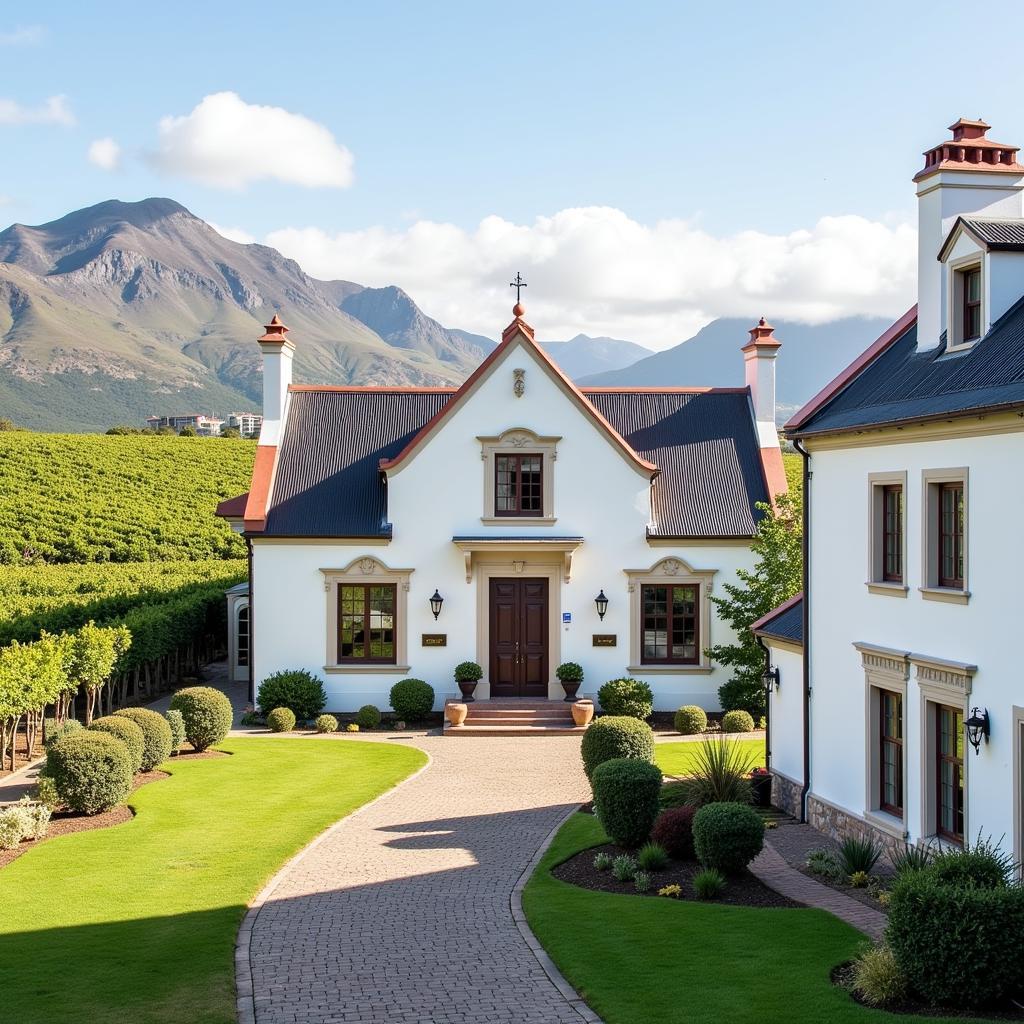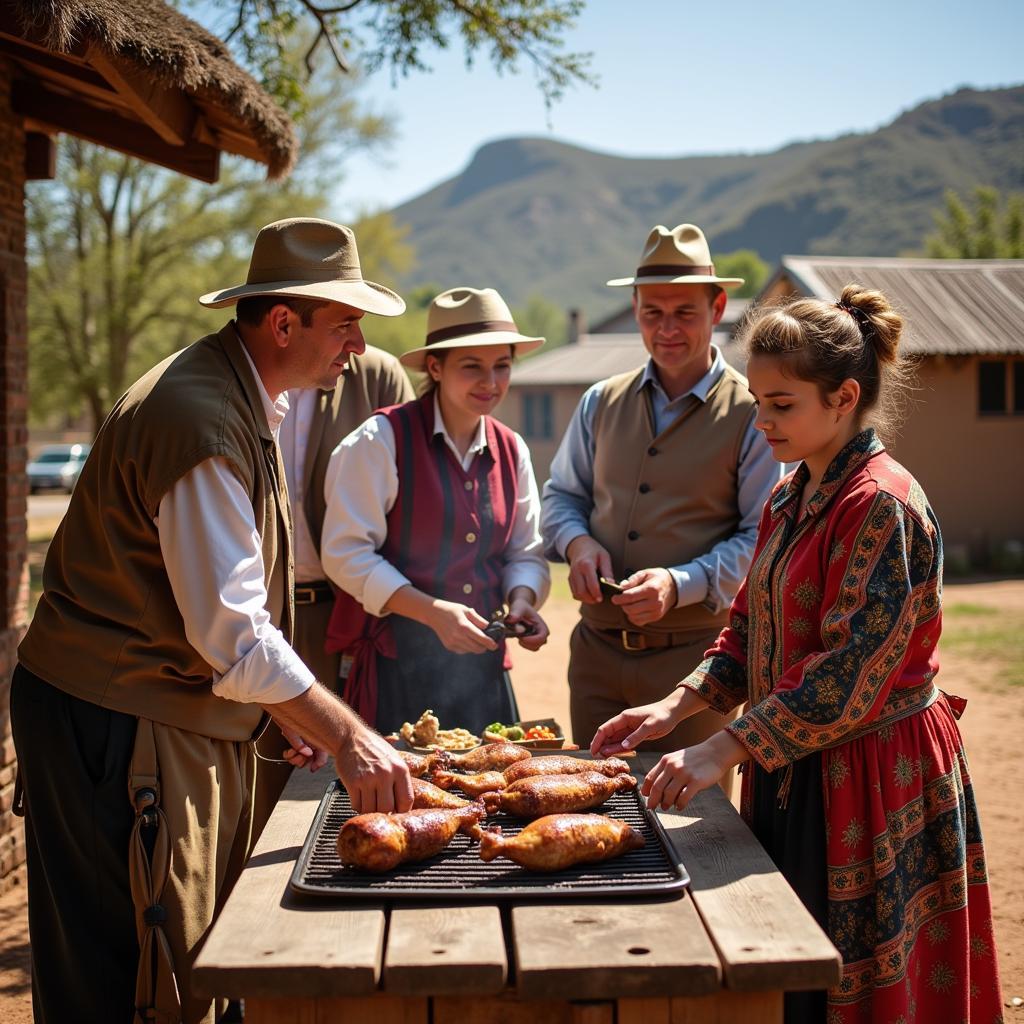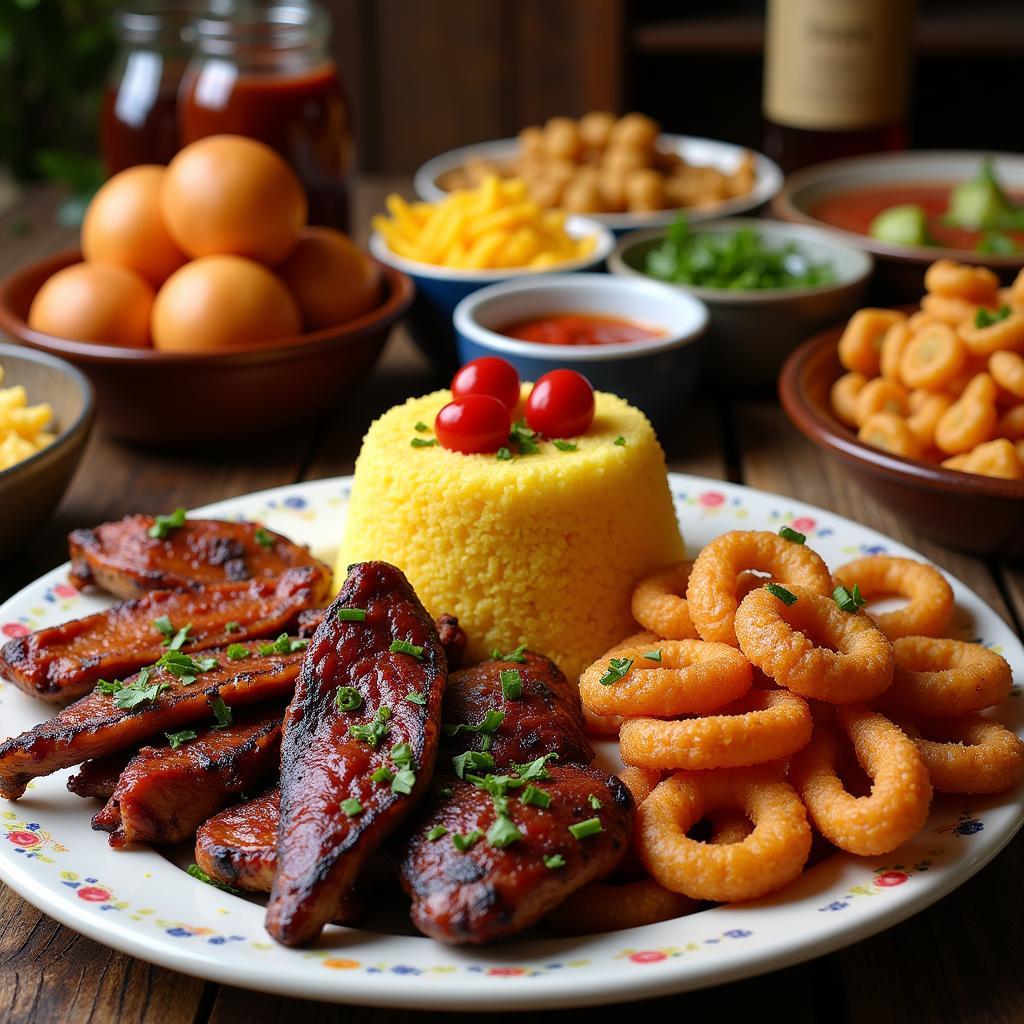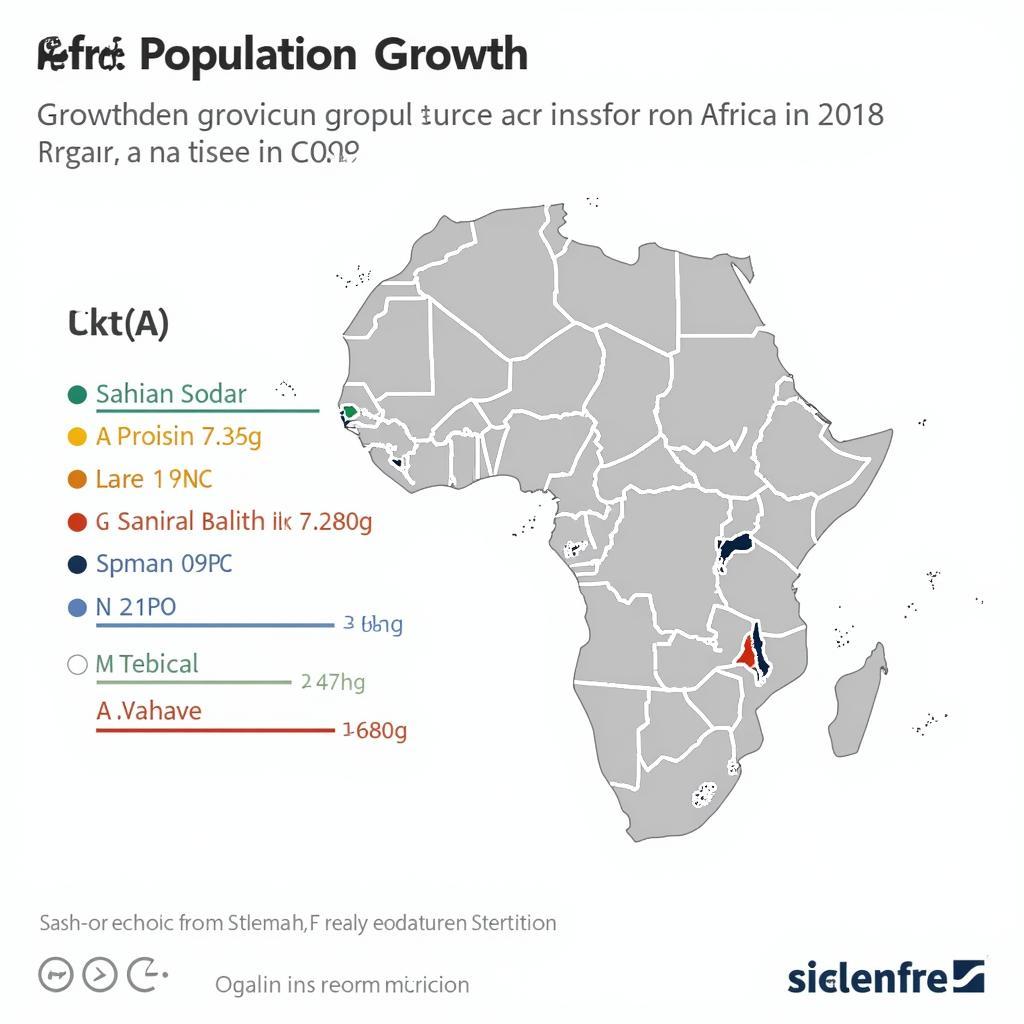Unraveling the History and Heritage of Dutch South African Culture
The term “Dutch South African” often evokes images of sprawling vineyards and the Afrikaans language. However, this fascinating cultural tapestry is woven with threads of colonialism, migration, and the enduring legacy of the Dutch East India Company’s presence in Southern Africa.
 Cape Dutch architecture in Franschhoek, South Africa
Cape Dutch architecture in Franschhoek, South Africa
A History Forged in Trade and Colonization
The story begins in the 17th century, when the Dutch East India Company, seeking a strategic refreshment station for their ships sailing to the East Indies, established a settlement at the Cape of Good Hope in 1652. This marked the beginning of Dutch influence in South Africa. The early settlers, primarily Dutch, but also including Germans and French Huguenots, came to be known as the “Afrikaners,” meaning “Africans” in Dutch.
The Afrikaners, driven by a desire for land and resources, gradually expanded their settlements inland, leading to conflicts with the indigenous Khoisan communities. This period witnessed the displacement and dispossession of the Khoisan, a tragic consequence of colonial expansion that continues to resonate in South African society today.
The Evolution of the Afrikaans Language
Language plays a crucial role in shaping cultural identity. Afrikaans, initially a dialect of Dutch spoken by the settlers, underwent a distinct evolution, incorporating elements from Malay, Portuguese, and indigenous African languages. This linguistic fusion reflects the complex interactions between different cultural groups in the region. By the 19th century, Afrikaans had gained recognition as a distinct language, further solidifying a sense of Afrikaner identity separate from their European roots.
 A multi-generational Afrikaner family gathered together, wearing traditional clothing and preparing a braai, celebrating Heritage Day in South Africa.
A multi-generational Afrikaner family gathered together, wearing traditional clothing and preparing a braai, celebrating Heritage Day in South Africa.
Cultural Expressions: From Cuisine to Art
Dutch influence is deeply embedded in South African culture. Traditional Afrikaner cuisine, such as “biltong” (dried, cured meat) and “bobotie” (a spiced minced meat dish), bear testament to their Dutch heritage, albeit with local adaptations. “Boerekos,” meaning “farmer’s food” in Afrikaans, is known for its hearty, flavorful dishes that often feature meat, stews, and sweet treats.
The architectural landscape of South Africa, particularly in the Western Cape region, showcases the distinctive Cape Dutch style, characterized by whitewashed walls, gabled roofs, and ornate details. This architectural style, while rooted in Dutch traditions, also incorporated elements from other European influences, creating a unique and aesthetically pleasing blend.
 An assortment of traditional South African dishes arranged on a table, showcasing the diverse flavors and culinary influences of the region.
An assortment of traditional South African dishes arranged on a table, showcasing the diverse flavors and culinary influences of the region.
The Complex Legacy of Apartheid
The 20th century saw the rise and fall of apartheid, a system of racial segregation enforced by the Afrikaner-led government. This dark chapter in South Africa’s history had a profound impact on Dutch South African identity, leading to international condemnation and soul-searching within the Afrikaner community.
In the post-apartheid era, South Africa has embarked on a journey of reconciliation and nation-building. Dutch South Africans, like all other cultural groups in the country, are grappling with the complexities of their past and striving to forge a more inclusive and equitable future.
Understanding “Dutch South African” Today
The term “Dutch South African” encompasses a diverse range of individuals and communities, each with their own unique perspectives and experiences. While some may identify strongly with their Dutch ancestry, others may view themselves as primarily South African, with Dutch heritage being one facet of their multifaceted identity.
Understanding the historical and cultural nuances of the term “Dutch South African” is essential for engaging in meaningful conversations about identity, heritage, and the ongoing process of reconciliation in post-apartheid South Africa.
FAQs about Dutch South African Culture
1. What is the difference between “Dutch” and “Afrikaner”?
While the terms are often used interchangeably, there are distinctions. “Dutch” refers to people from the Netherlands, while “Afrikaner” specifically denotes descendants of the Dutch and other European settlers who developed a distinct cultural identity in South Africa.
2. Do all Afrikaners speak Afrikaans?
While Afrikaans is the language most closely associated with Afrikaner culture, not all Afrikaners speak it. Some may primarily speak English or other languages, particularly in urban areas.
3. How has Dutch South African culture been influenced by other cultures?
South Africa’s diverse population has led to cultural exchange and influence. Dutch South African culture has been shaped by interactions with indigenous African cultures, as well as influences from Asian and European communities.
Exploring Further
For those interested in delving deeper into specific aspects of Dutch South African culture, the following resources may be of interest:
- For insights into the experiences of individuals of South African Dutch descent
- To learn more about South African traditional dresses and their significance
The story of Dutch South Africa is a complex and multifaceted one, encompassing centuries of history, cultural evolution, and political change. By understanding the nuances of this heritage, we can gain a deeper appreciation for the rich tapestry of cultures that make up modern-day South Africa.
Need Help?
For any assistance, please contact us via:
- Phone: +255768904061
- Email: kaka.mag@gmail.com
- Address: Mbarali DC Mawindi, Kangaga, Tanzania
Our dedicated customer support team is available 24/7 to assist you.
